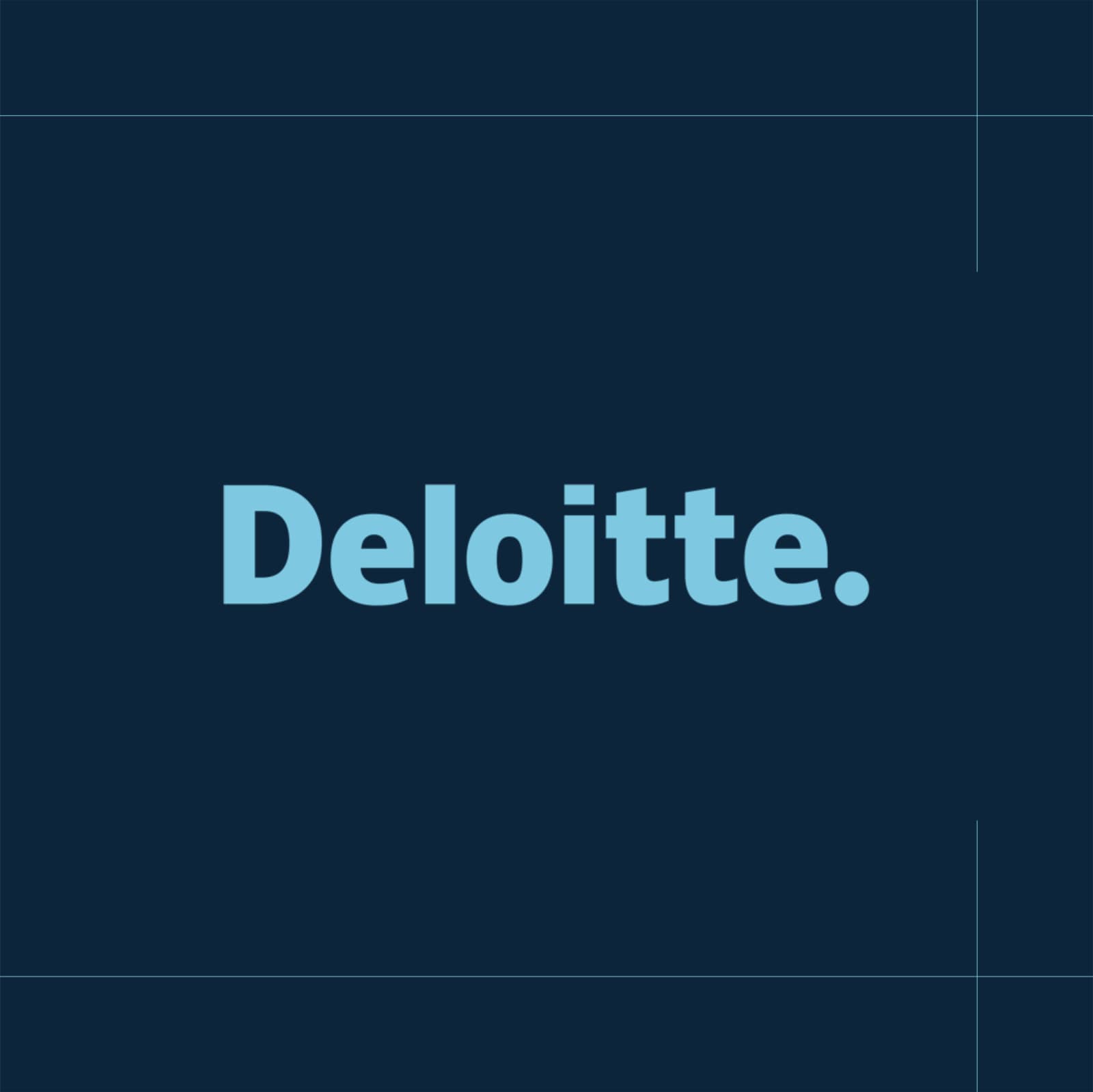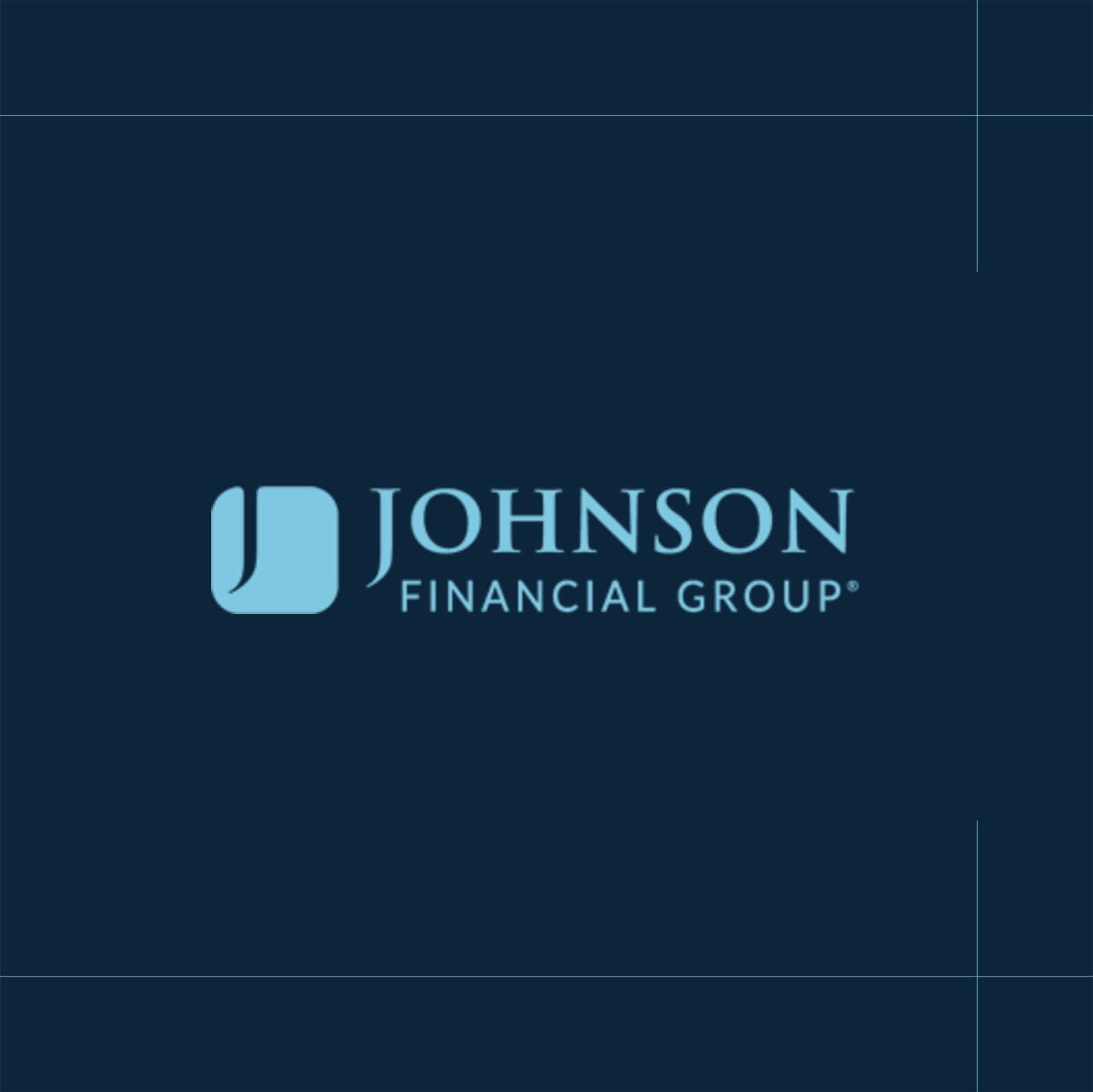Managing Risk in a Dynamic Rate Environment
Rising interest rates can have a significant impact on financial institutions. In today’s rapidly changing rate environment, it is increasingly important for FIs to understand and take action to prevent significant risk to their institutions. Costs are rising everywhere. Whether you’re buying eggs for breakfast or gas for your weekly trip to visit family, everyone is feeling the shift in economy in some way or another.
This environment can place stress on families, individuals and businesses, but it can also have a large impact financial institutions (FIs). Times like these are often characterized by a rise in interest rates, which are fundamental to the business of banking. Rapid changes in rates can affect an FI’s sources of revenue and lower the total value of its assets and liabilities. Without having risk management strategies in place, these changes can have significant impacts on an FI’s financial safety and soundness.
While we can’t lower the cost of your breakfast, we can give you some tips on how to understand the interest rate increases and best prepare your institution to weather them.









